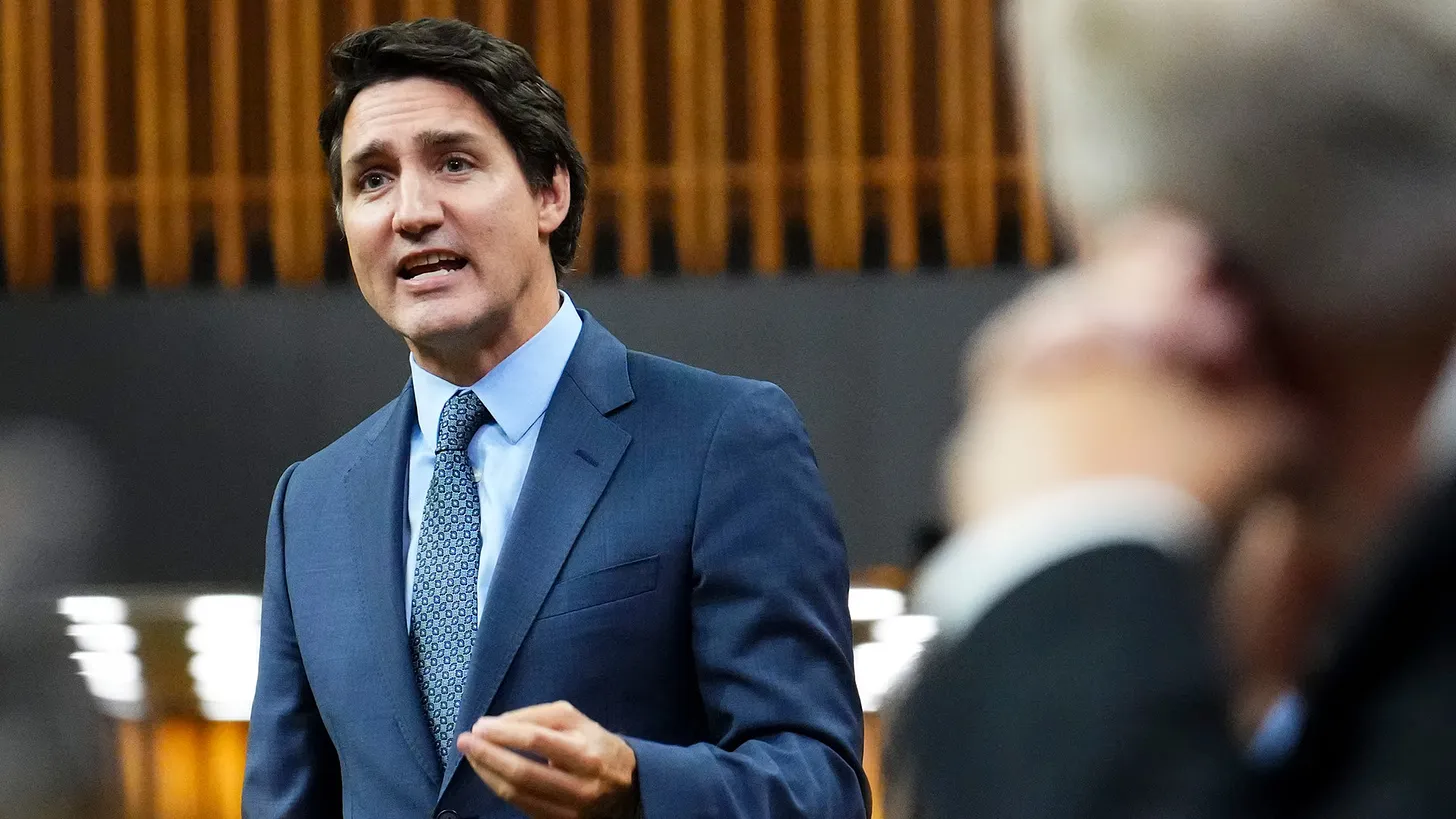by Joe Martino, The Pulse:

More vague action and language as Canada’s push for ‘Canadian Content’ continues. Will it end up as a form of censorship? Either way, we must choose our energy and how to respond.
Online censorship continues to become a greater and greater reality in society. Not only is the UK’s Online Safety Bill pushing forth, but here in Canada people are wondering whether censorship is the name of the game when it comes to a new move out of Canada’s Online Streaming Act, formerly bill-C11.
The move goes after podcasters and services that provide podcasts. Here’s what you need to know about this new amendment:
TRUTH LIVES on at https://sgtreport.tv/
- The Canadian Radio-television and Telecommunications Commission (CRTC) is now requiring online streamers and podcasters who make over $10 million in revenue to register with the CRTC.
- This means it doesn’t suddenly require all content creators and podcasters to register. Nor does it censor them.
- Companies would have to provide the legal name of their company, its address, its telephone number, email, and the type of services it offers.
- The stated intention of the CRTC is to get major companies like CBC, CTV news, Spotify, etc. to pay into the Canadian content industry.
- The amendment of the bill comes as powerful legacy media companies, like Bell and Rogers, lobby the government so competitors like Netflix and Disney+ have to pay into the Canadian content system.
- The CRTC could ask for information about the content provided by companies, and information about its audience. What information? They aren’t clear and the language is rather vague.
- This move on podcasts wasn’t an initial intention of the Online Streaming Act and has come out of nowhere. It’s also not clear as to where it will go next.
When it comes to asking for information about audiences, what might they ask for? Will it be the type of thing where eventually everything you listen to or watch heads back to the government in some way?
The language is so unclear, and yet governments have a history of continually pushing the envelope under the guise of “something good,” only for things to get out of hand quickly.
The Canadian government is making it up as they go along when it comes to this bill. After all, there still isn’t a clear definition of what “Canadian Content” even is, and yet they are trying to create more of it?
What happens if eventually, anything that isn’t Canadian content begins to be suppressed in algorithms in Canada as more changes to this bill come? All the government would have to do is say “THIS doesn’t qualify as Canadian content” and it’s done.
Perhaps a Canadian company like ours will not be considered “Canadian” one day because we critique the government and give voice to those who participated in events like The Freedom Convoy for example. How will we know as creators what governments will approve of? What if smaller platforms are eventually regulated?
By creating this uncertainty, creators are now unsure of what to do or create because they don’t know if it will match rules the government hasn’t yet made up. Anyone who takes their content creation business seriously has to consider these questions.
Canadaland CEO Jesse Brown reported on Bill C-11 over the last few years and was told by the Canadian government that the CRTC wasn’t interested in targeting podcasting but instead wanted to focus on “web giants.” Yet now, a successful podcaster or media outlet would be included in registration and likely regulation.
“What it’s created in the short term is poison for an innovative industry, which is uncertainty, nobody knows how this is going to play out. Nobody knows what our obligations are going to be. Nobody knows if we’re going to benefit from it.” – Jesse Brown, Canadaland
He’s right, no one knows if they are going to benefit from these actions, and it’s reasonable to expect this will favor big companies and those the government approves of. We also have no clue what’s coming next.
I think back to the days before we were censored in 2016, our annual revenue was about $2.5M and on its way to $5M. By 2018 we projected we’d hit $10M. Our organic web traffic was greater than that of VICE and on the level of HuffingtonPost, CBC and others.
I’d be rather confused about how I’d make decisions moving forward given this bill. Not only that, I’d have to tell the government details about YOU, something I’d never want to share with government. Thankfully for now I don’t have to.
But keep in mind governments don’t need bills to oust people.
Starting in 2016 Google, YouTube, Facebook, Twitter and Fact Checkers targeted us and destroyed our business from the outside in. While most people don’t know our story because it happened before anyone believed or knew censorship was happening, it’s overt censorship like this that raises awareness amongst the citizenry.



